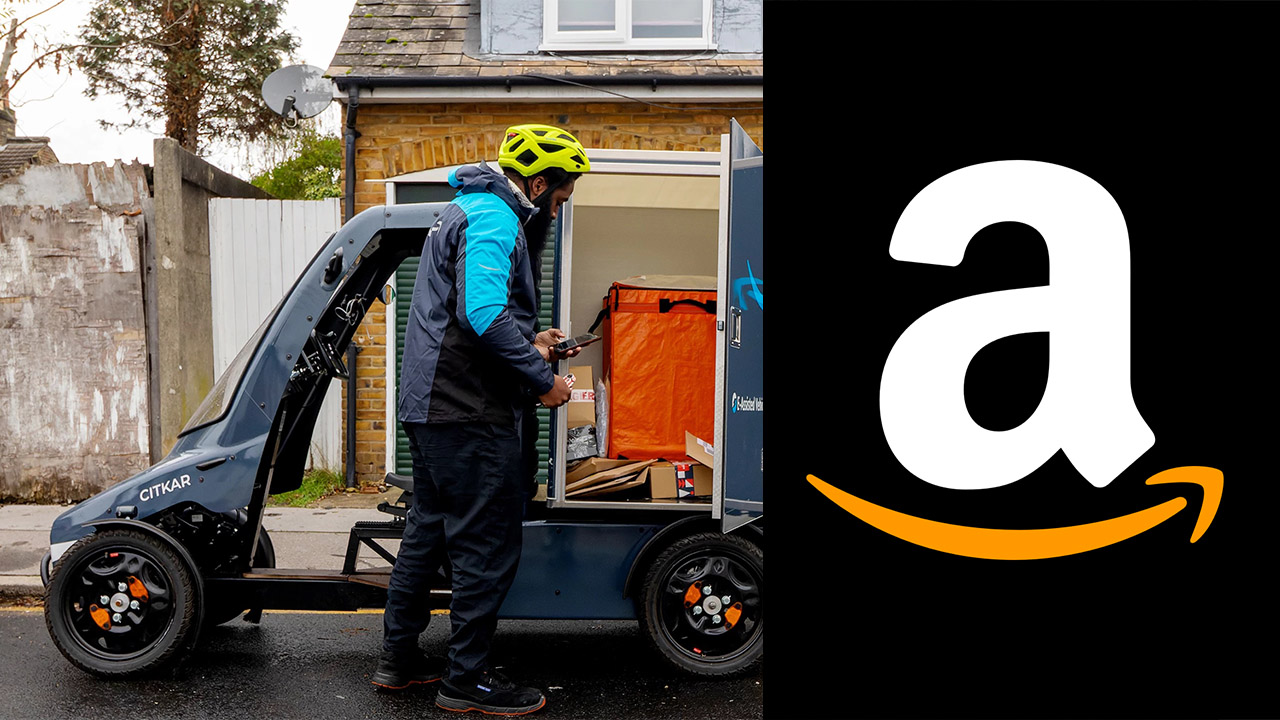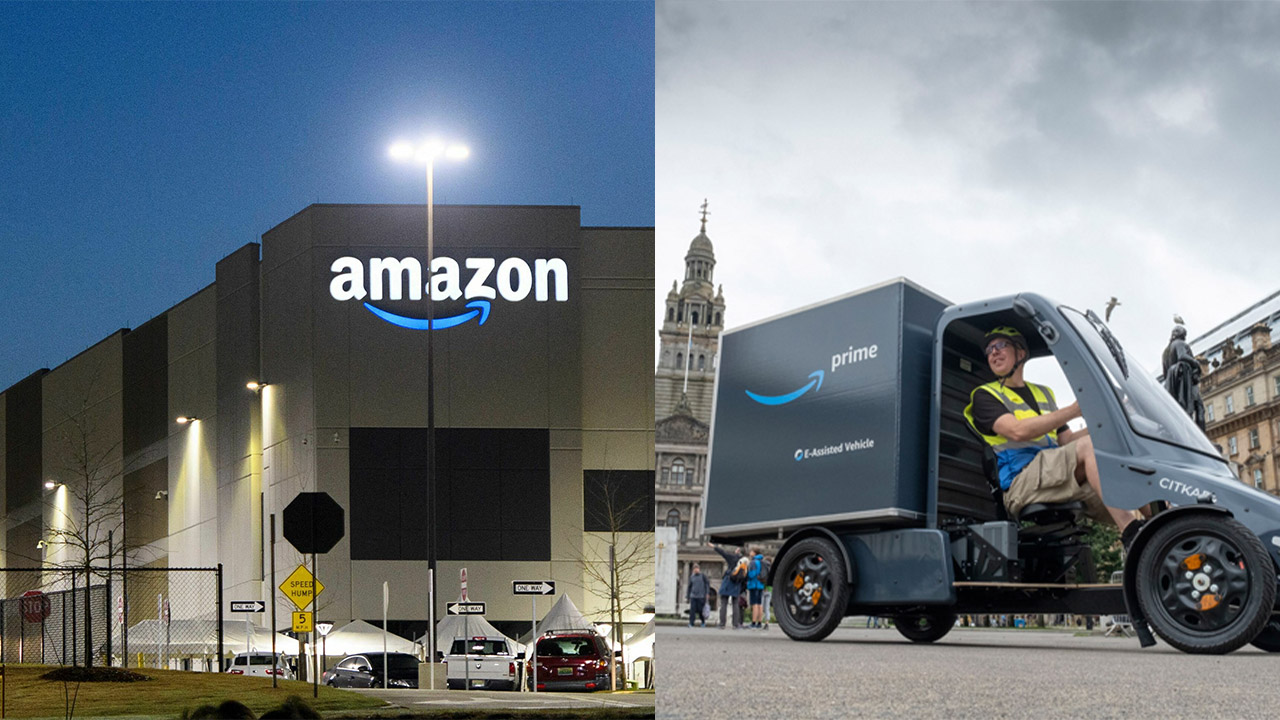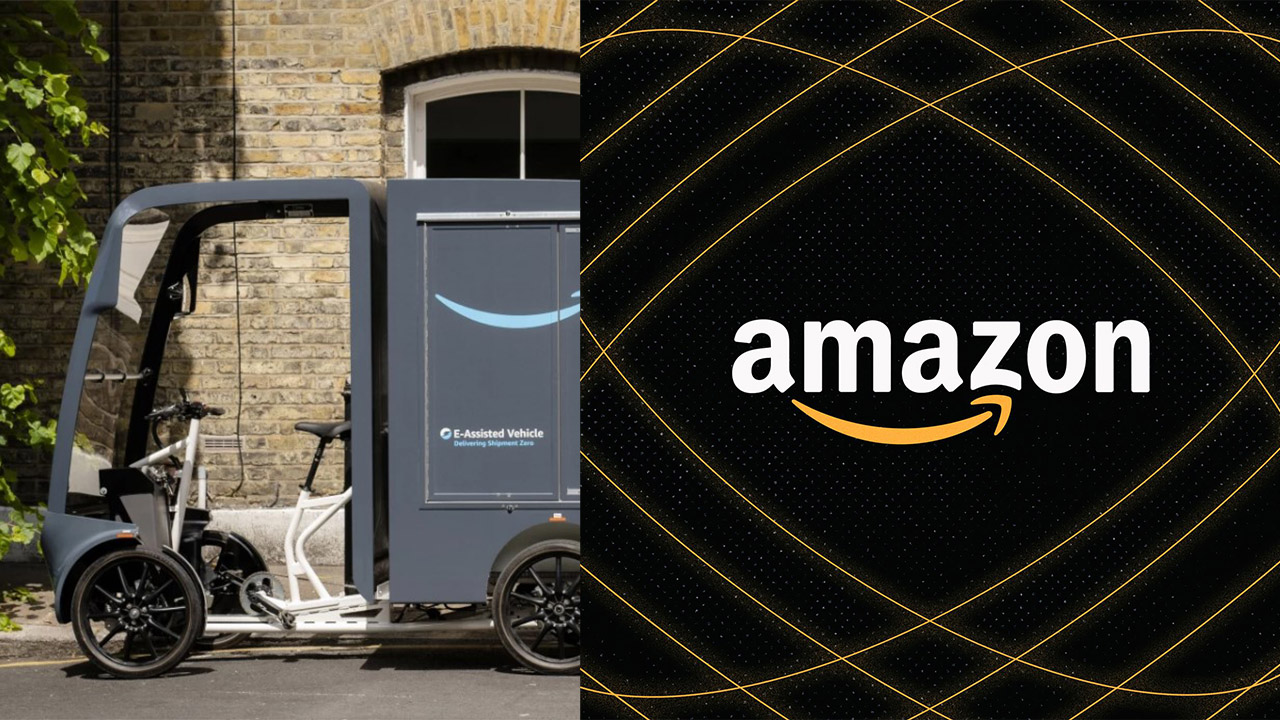In efforts to enhance the sustainability of its deliveries in the United Kingdom, Amazon is increasingly adopting the use of micromobility hubs, marking a significant transformation in its delivery network.
The inauguration of the first micromobility hub in Northern Ireland stands as a testament to this evolving approach.
Micromobility hubs serve as crucial sorting centers situated within urban areas. Amazon is actively establishing a network of these hubs across major cities to diminish its dependency on conventional delivery vans and mitigate the associated carbon emissions.

The last mile of delivery commences from these hubs, where packages are transported from Amazon’s larger fulfillment centers. Utilizing electric cargo bikes or pedestrian delivery methods, the final journey to the customer’s doorstep is executed.
Amazon highlights that “millions of Amazon packages” have already been delivered sustainably from micromobility hubs in prominent cities like London, Manchester, Glasgow, and most recently, Belfast.
These hubs play a pivotal role in enhancing air quality and reducing congestion on urban roadways, asserts the ecommerce leader.
Aligned with its Climate Pledge, which has garnered support from numerous major corporations, Amazon is committed to achieving net-zero carbon emissions by 2040, a decade ahead of the Paris Climate Agreement target.

Pursuing this objective entails various sustainable initiatives across its operations.
Beyond the last mile, exemplified by the micromobility hubs, Amazon’s sustainability endeavors encompass earlier phases of the logistics process, including the middle mile and first mile.
To decarbonize its transportation network in Europe, Amazon is transitioning from road-based transport to more eco-friendly modes such as trains and boats.
Furthermore, Amazon has launched numerous renewable energy projects throughout Europe and has transitioned to utilizing recyclable packaging materials exclusively for deliveries in the region.







Leave a Reply